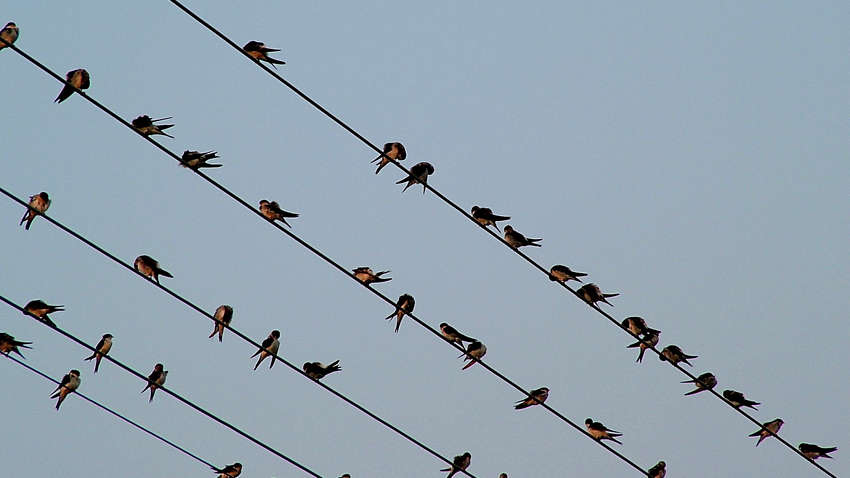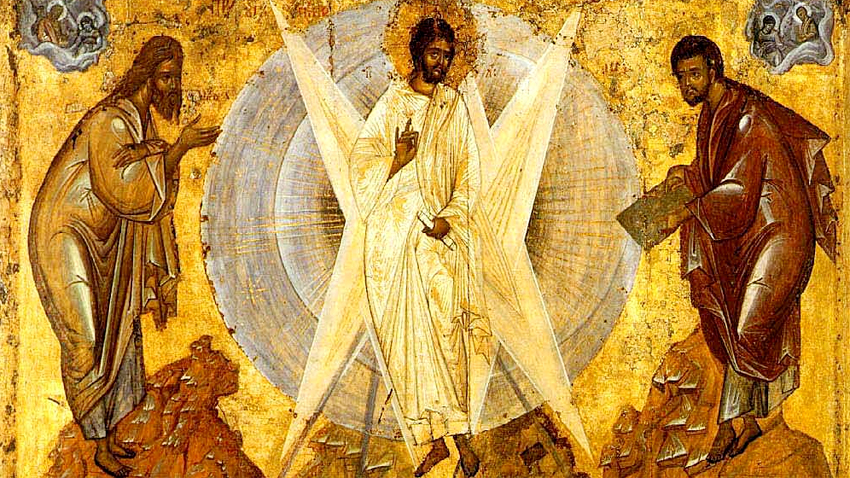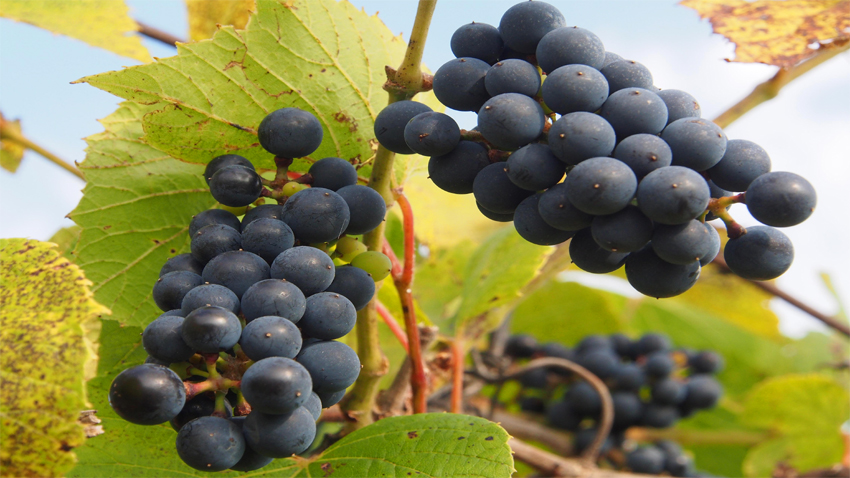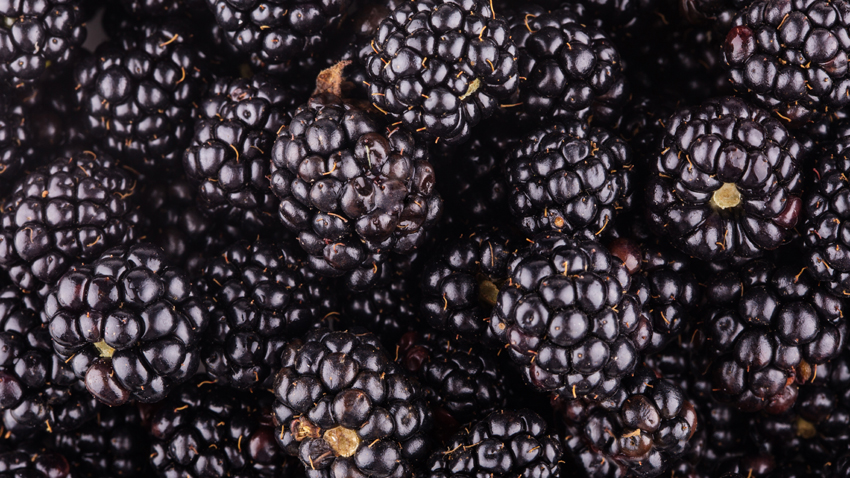
There are different kinds of work prohibitions on Transfiguration - especially household chores like washing and laundering. Until that day grapes and blackberries are not to be eaten. Grapes are held in high esteem in Bulgarian tradition - not just the berries but the vine itself. Vines are depicted in embroidery, in intricate woodcarvings and iconostases. Wine (alongside bread) is thought to be the purest thing. “You can’t cast magic spells with bread and wine,” goes a popular saying.

According to legends, blackberries are the work of the devil, though they have been known to and loved by Bulgarians for centuries. To this day blackberries are used to make jam and syrup; the fruit – fresh or dried – but also the leaves are used in folk medicine. Herbalists say that one variety of blackberry - cloudberries cure colds, mouth ailments, maladies of the respiratory and the digestive tract and alleviate discomfort connected with varicose veins and diabetes. According to one legend told by foremost Bulgarian ethnographer Dimitar Marinov, the devil created blackberries “to counter the grapes created by God”. The devil willed it so that blackberries would ripen earlier than grapes and thus enticed people into eating blackberries… which meant he owned them. That is why nobody must eat blackberries before eating grapes.

Early on Transfiguration day morning the first ripe grapes are taken to church. After the service when the grapes have been blessed, the women give them out to family members and neighbours. In some parts of the country other kinds of fruit are taken to church as well like apples, water melons, pears and… blackberries.

Once the fruit have been blessed, the ban on blackberries no longer applies. For the kapantsi (an ethnographic group of Bulgarians living in the region of Razgrad) this is a day when eating red grapes and red water melon is allowed – they believe this will prevent pockmarks.
Dimitar Marinov writes about a local ritual performed by the Pomak population in Petkovo village near Smolyan. On Transfiguration day the entire community gets together to dance the horo, usually near the cemetery. “On this day everyone makes a sacrifice – a beehive – and takes the honey to the priest, along with ritual bread; once the priest has blessed them they break the bread to give pieces, dipped in honey to all gathered,” the ethnographer writes.

On August 6 nature is transformed and that means people can change as well – or at least try to. There is one legend according to which a heavenly gate opens up in the sky and God himself appears to grant the wishes of the righteous. Only the righteous could see the heavenly gate and pray to God to grant their wishes. This is a belief that is also connected with Epiphany (6 January). In many parts of the country people would keep vigil through the night, peering up into the night sky in the hope of seeing the gates miraculously open.
English version: Milena Daynova
Photos: BGNES, pravoslavieto.com and library
Clocks and bells will ring out in the center of Stara Zagora on Saturday, when the city will host the XXIV Masquerade Games Festival . The event will start with a traditional parade of participants. Attractive babugers, araps, old men and other..
Today marks the 88th anniversary of the birth of remarkable Bulgaria folk singer Nadka Karadzhova . Born on March 14, 1937 in the then Pazardzhik village of Trivoditsi (today - Plovdiv region), she is a descendant of an old musical family. At the age..
Every year, the chitalishte (community culture club) in the village of Kralevo not far from Targovishte, re-enacts Bulgarian traditions and rituals, organizing contests such as “Master lyutenitsa - maker” and “From granny’s dresser”. And for the..

+359 2 9336 661
